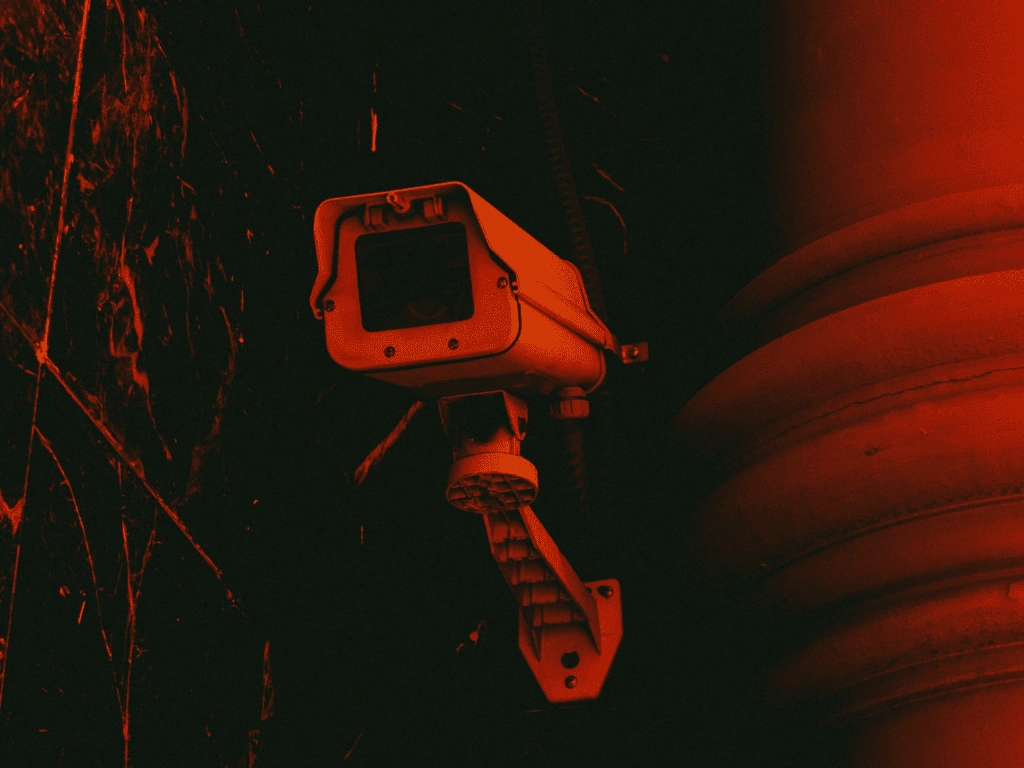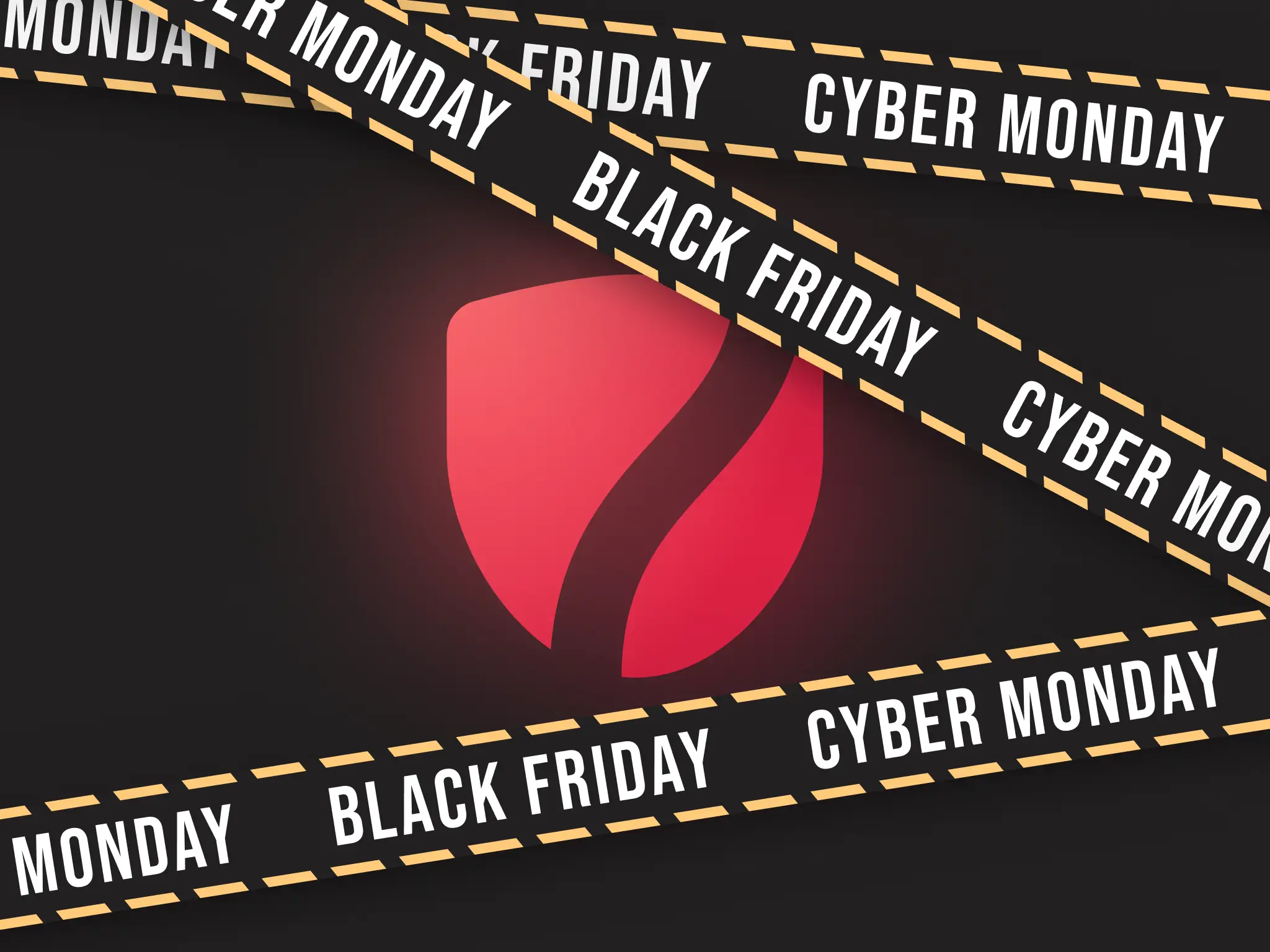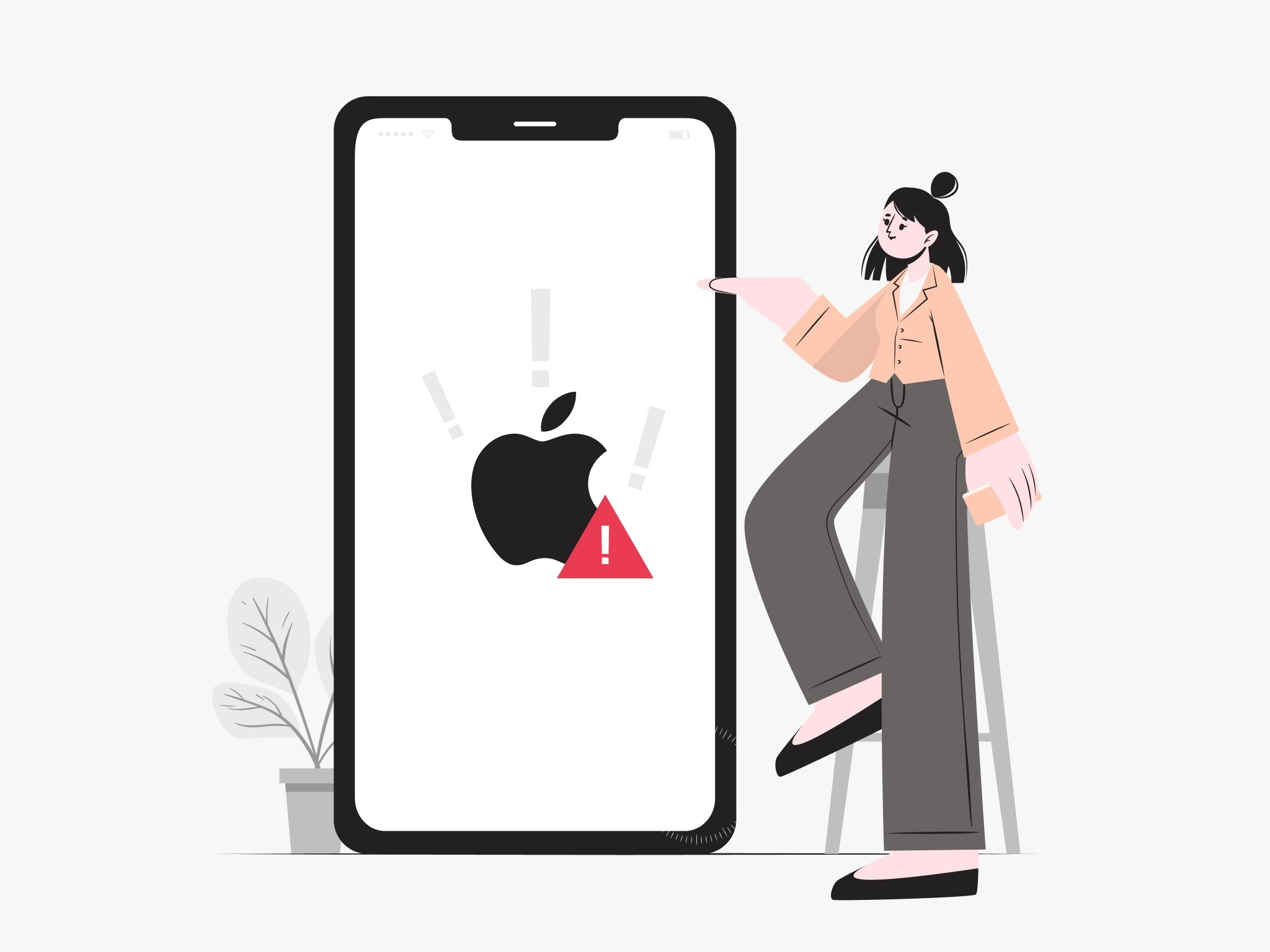Smartphones are ubiquitous.
Whether working, chatting with friends, booking a flight, or navigating the city, we’re on our smartphones, either in apps or connected to the Internet.
We use mobile devices for over three hours daily, and our mobile time keeps increasing — just like the amount of sensitive information stored on smartphones and in the cloud.
In 2023, the number of people owning a smartphone could reach 6.8 billion globally. And all of these people could fall victim to cybercriminals and government structures conducting illegal surveillance.
Is someone spying on my phone? Here at 7VPN, we get asked this question a lot. So that’s why we wrote this article.
Is Someone Spying on My Phone? 3 Red Flags to Watch For

As the representatives of 7VPN, the safest VPN service out there, we’re heavily involved in cybersafety. Therefore, when designing our products, we collect tons of user feedback and collaborate with cybersecurity professionals. And keep our finger on the pulse of the information technology industry.
Thanks to this, we could create a “How to Tell If Someone Is Spying On My Phone” article containing verified information and practical tips for securing mobile devices.
Let’s start with the warning signs — and proceed to expert advice.
How Can I Tell If Someone Is Spying on My Phone?
- Suspiciously high battery consumption. Ok, batteries degrade over time. A typical lifespan for a Lithium-ion battery, which is common for most smartphones, is just 300-500 charging cycles. After that, its capacity will decrease by 20% every year. Other factors contributing to your phone battery draining too fast may include unofficial chargers and having Wi-Fi and Bluetooth running in the background 24/7. “Ok, but is someone spying on my phone, and what does it have to do with battery life?” you may ask. Coupled with abnormally high cellular data usage, increased battery drain might signal the presence of spyware. Such malicious apps can record your calls, take screenshots, copy text, and perform other activities to steal your data.
- Strange text messages, popups, and noise during calls. How to tell if someone is spying on my phone? In your place, we’d search the smartphone for suspicious messages containing a gibberish combination of numbers and letters. Such text messages often have embedded links; once you tap them, malware will upload itself to your mobile device. Other indicators of a problem include background noises you might hear during calls and strange popups blocking your screen when using apps or browsing the web.
- Deteriorating phone performance. If your phone loads apps too slowly, shows signs of activity when left idle, heats up in standby mode, or reboots itself randomly, it might be hacked. In this case, we recommend you check for other symptoms like the battery drain and intrusive popups mentioned above.
If you notice any of these signs, it’s important to take action to protect your phone and your privacy. So, read on for expert tips and recommendations!
Someone Is Spying on My Phone. Here’s How to Prevent That
- Use strong passwords and enable two-factor authentication. It’s 2023, but “123456” and “password” remain the most popular password choices globally. Not surprisingly, weak passwords attribute to 81% of all data breaches and hacks. As cybersecurity experts, the 7VPN team encourages you to avail yourself of your phone’s security mechanisms, like two-factor authentication and biometric access control, to prevent hacking events. Also, think of unique passwords for all your applications and services and store them in a secure password management system.
- Use a reliable VPN. Virtual private networks (VPNs) make your phone impossible to track when you connect to a public Wi-Fi network or visit websites you’re not supposed to access. The latter may include free media blocked in authoritarian countries or location-restricted content. By rerouting traffic to a different server and encrypting your data, VPN services boost your online security, eliminating the “Is someone spying on my phone?” situation. So, download VPN — and, preferably, a paid one so that no one would collect and sell your data to third parties.
- Do not neglect software updates. The US Security Agency recently encouraged Apple users to upgrade their devices to iOS 16.3.1. This OS version fixed a nasty zero-day vulnerability enabling hackers to launch remote code execution attacks. In February 2023, Google issued patches for 40 security vulnerabilities haunting the Android operating system. One of those allowed users with limited access rights to escalate their permissions and trick smartphones into executing malicious programs. So, if you’ve been thinking, “Someone is surely spying on my phone,” it’s time to upgrade your mobile device to the latest OS version. And a word of advice for Android users: consider downloading the Android VPN 7VPN solutions regardless of your browsing habits. It so happened that Android, not the least thanks to its diverse system of device manufacturers, is inherently less secure. Don’t give hackers a chance!
- Be cautious when downloading apps. Again, the App Store has a stricter review process for developers than Google Play. iOS’s market share is smaller, too (27.6% vs. 71.8%). That may be why Android apps frequently fall on the cybercriminals’ radar. And if you download any applications for your smartphone, use official app stores only and read the applications’ privacy policy thoroughly. If a particular app collects too much information or its developer is a dark horse, it’s best to look for an alternative.
- Avoid logging in via social media profiles. Recent studies show 70.69% of customers aged 18-25 prefer social login over other registration and user authentication methods. And it makes perfect sense: with social login, you don’t have to enter your email address and invent a strong password whenever you set up an account on a website or in apps. However, every user looking to solve the “How to tell if someone is spying on my phone?” riddle should remember the cold hard truth about apps: they are not created equal. Some applications may request access to your device’s hardware and cloud storage and the information associated with your social profile. And if the app in question does not encrypt data or is poorly implemented, hackers can easily lay hands on your data, which leads to identity theft and fraud.
These are the essential cyber-safety best practices every user should follow, regardless of whether you’ve caught yourself thinking, “Someone is spying on my phone!” or not.
In the age when smartphones have become an extension of ourselves, staying alert to potential cyber threats is the only way to keep hackers at arm’s length. And installing a reliable VPN service could be a starting point for your digital security strategy!



